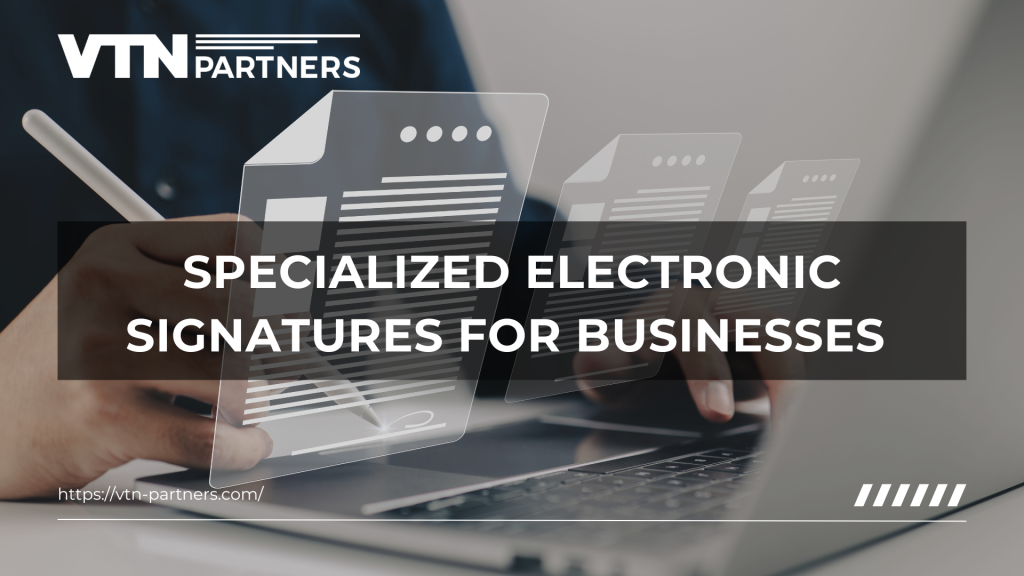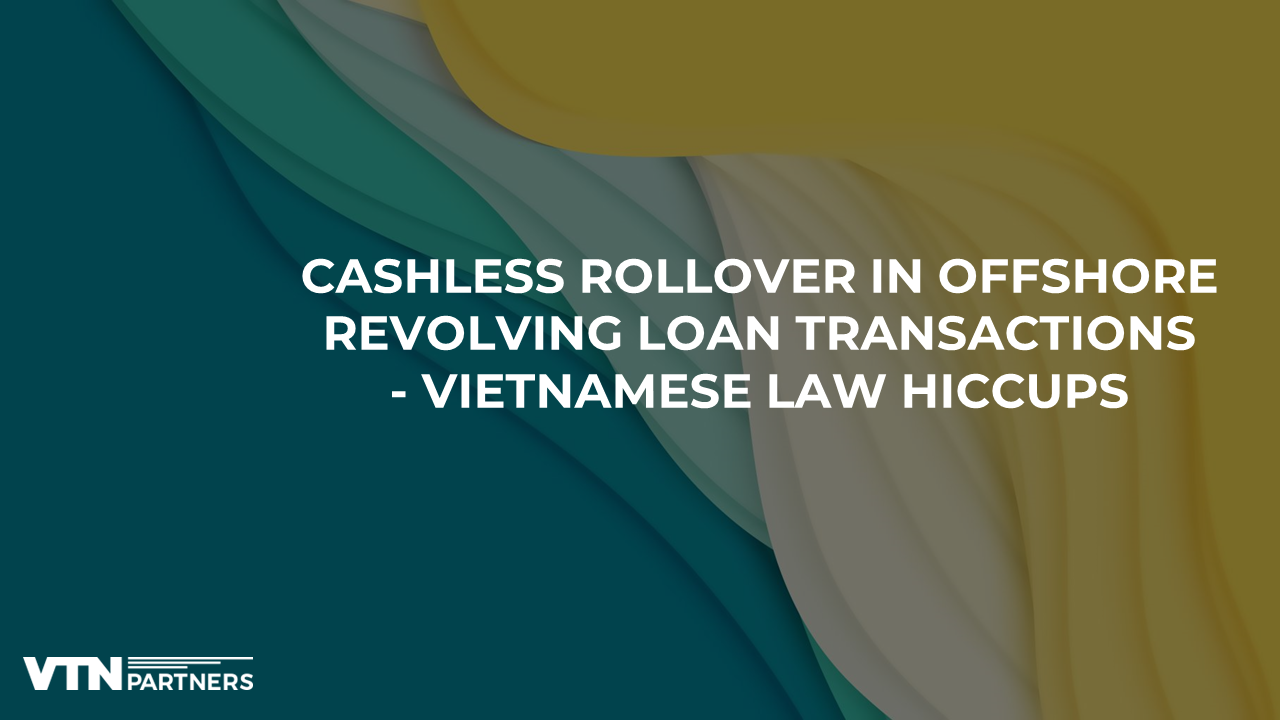Recently, we have received heaps of questions related to electronic signatures – a critical aspect for businesses today under Vietnam’s latest legal framework and the adoption of specialized electronic signatures as a substitute for digital signatures of licensed service providers. This article provides an overview of the legal requirements, certification process, and key considerations for businesses aiming to utilize these signatures effectively.
What Are Specialized Electronic Signatures?
As stipulated in Article 22.1(a) of the Electronic Transactions Law 2023, a specialized electronic signature is defined as an electronic signature created and utilized exclusively by an organization for its own internal activities, in alignment with the organization’s functions and responsibilities. Companies are permitted to establish their own specialized electronic signature for internal operations and contract agreements. However, to ensure this signature carries the same legal weight as a handwritten signature, it must be classified as a secure specialized electronic signature, meeting the safety standards laid down in the law.
Article 9.2 of Decree 23/2025/ND-CP further details that a secure specialized electronic signature, once recognized, serves to authenticate and manage internal transactions and documents, as well as represent the organization in signing contracts with external parties, individuals, or other entities. When properly certified, this signature holds equivalent legal validity to a traditional handwritten signature, ensuring compliance with requirements for written transactions as mandated by law.
Certification Process for Secure Specialized Electronic Signatures
To gain legal recognition, companies must obtain certification from the Ministry of Science and Technology. The process involves the following steps: the signature must confirm the organization’s approval of the data message, be uniquely linked to the approved content, remain under the organization’s control at the time of signing, and allow for verification based on agreed terms between the parties.
The application requires submission of a completed form as per Form No. 01 annexed to Decree 23/2015/ND-CP, certified copies of business documents such as the registration certificate, charter, and organizational structure, evidence of meeting the eligibility criteria via Form No. 03 annexed to Decree 23/2015/ND-CP, and a certification policy aligned with the forthcoming model policy issued by the Ministry. It should be noted that the certification process is currently delayed pending the release of this model policy under a circular of the Ministry.
The timeline includes an initial validity check of the application within 7 working days, a 15-day inter-agency review period involving the Ministry of Public Security and related bodies, and a 20-day period for on-site assessment and issuance of the certificate following feedback. Upon approval, the certificate is valid for a maximum of 10 years.
Key Considerations for Businesses
It is important to understand that specialized electronic signatures are intended solely for the issuing organization’s use and cannot be distributed to customers or partners. They are also distinct from digital signatures required for other purposes, such as electronic invoicing.
The certification process enhances data authenticity and ensures alignment with privacy policies, thereby strengthening legal certainty in digital transactions.
Next Steps for Implementation
Given that the model certification policy remains pending, we recommend preparing application documents in advance, seeking legal expertise to meet eligibility and procedural standards, and keeping abreast of updates from the Ministry of Science and Technology. This proactive approach will position your business for a smooth transition once the process is fully operational.








